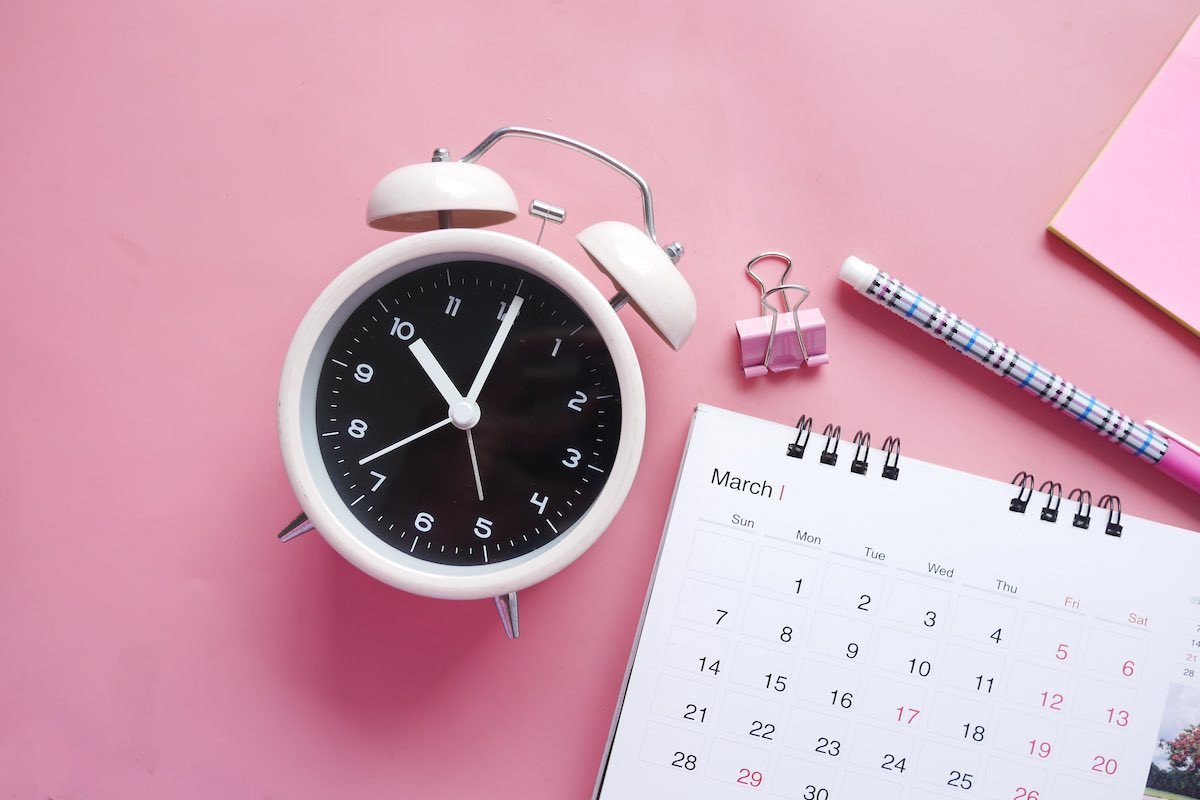What One Financial Expert Would Tell Her 20-Something Self
Because even when you're a money professional, you make a few mistakes.
You May Also Like

Money
Negotiation Tactics 101—Get What You Want. Period.
What does powerful negotiation look like in the workplace? How can you get what you want using your negotiation skills? Let's explore common negotiation tactics and strategies to get what we want and what we need.

Money
100+ Best Budgeting Templates for Every Budgeting Need
We scoured the internet for the best budgeting templates from the experts in finance—and they are all here. Whether you need a weekly budget, a monthly budget, or a complete budget overhaul, we have every template covered.

Money
16 Money Books You Need to Read
Ready to make some serious money moves? Here are 16 of our favorite financial books written by women—and for women.

Money
How to Recover Financially from Wedding Season (+ Plan for the Next One)
Weddings are expensive for the bride, groom, and the guests, too. Here's how to recover from wedding season.

Money
Laid Off? Here's How to Negotiate a Severance Package
Even if you're gainfully employed, you might not always be.

Money
How to Answer "What Are Your Salary Expectations?"
Sharing your desired salary is easy, said nobody either. Here are the tools and strategies to answer the dreaded salary interview question. You've earned it (and you're worth it.)

Money
These 25 Freelance Side Jobs Can Help Boost Your Income
Side gigs are more important than ever. Check out 25 side jobs and their average hourly rate to determine which one is best for you—and your bank account.

Money
How to Ask for a Raise During Tough Times (Like a Recession)
Most of your advice on asking for a raise, including our own, will instruct you to wait for a healthy time in your organization. Here's how to ask for a raise when tough times seem never-ending.

Money
Intro to HYSA: How to Open a High-Yield Savings Account
You know you should be saving, but what is the best way to put your money into savings and see it grow? High-yield savings accounts are an easy place to start if you're ready to get serious about saving.

